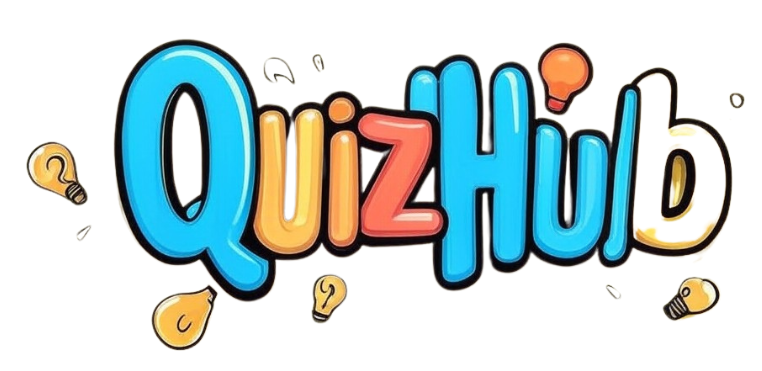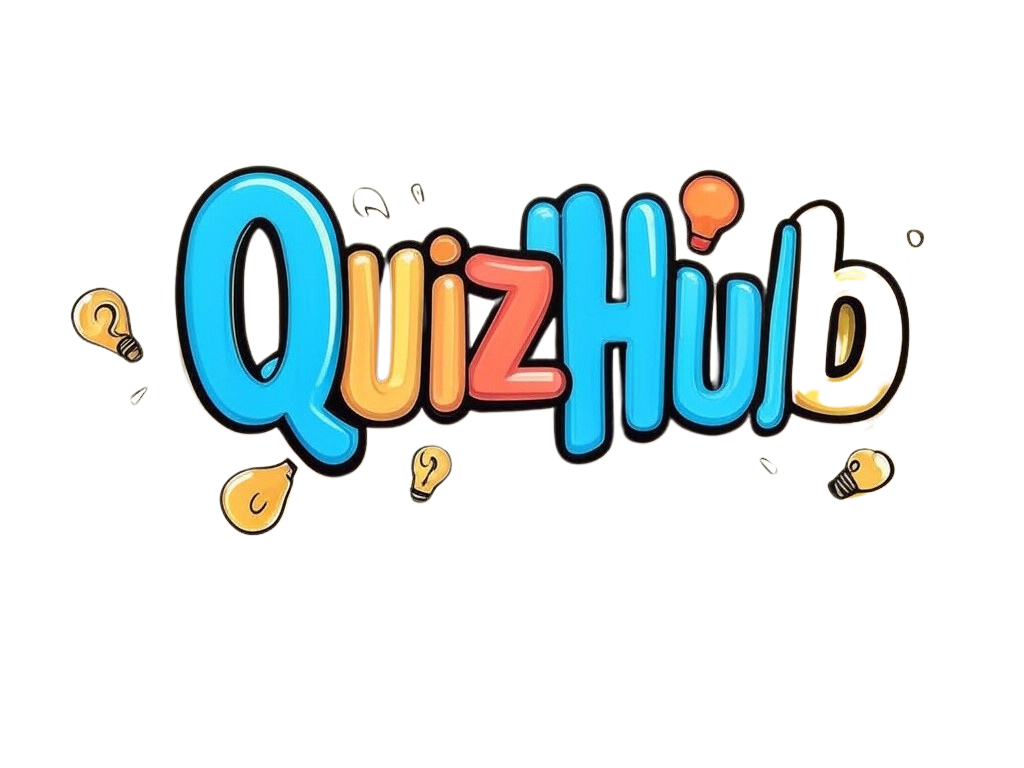World War I: The Great War 1918
Introduction:
World War I, also known as the Great War, was a global conflict that lasted from July 28, 1914, to November 11, 1918. This monumental event reshaped the political, economic, and social landscape of the 20th century. Understanding the causes, key events, and aftermath of World War I is crucial to grasp its profound impact on modern history.
Causes of World War I
The causes of World War I are complex and multifaceted, rooted in a web of political, economic, and social factors:
- Nationalism: Nationalist fervor was on the rise in many European countries, leading to heightened tensions and a desire for territorial expansion or unification. Ethnic groups sought independence from empires, fueling conflicts.
- Militarism: The major powers of Europe were engaged in an arms race, building up massive military forces and technologies. This militarization created a climate where war was seen as a viable means of resolving disputes.
- Alliances: Europe was divided into two major alliance systems: the Triple Entente (France, Russia, and the United Kingdom) and the Triple Alliance (Germany, Austria-Hungary, and Italy). These alliances were meant to provide security but ultimately created a domino effect, pulling multiple nations into conflict.
- Imperialism: Competing empires sought to expand their territories and influence, leading to clashes over colonies and resources, particularly in Africa and Asia.
- Assassination of Archduke Franz Ferdinand: The immediate spark for the war was the assassination of Archduke Franz Ferdinand of Austria-Hungary by a Serbian nationalist on June 28, 1914. This event set off a chain reaction of ultimatums and mobilizations.
Major Events and Battles
World War I was marked by numerous significant battles and events that defined the conflict:
- The Western Front: The war quickly devolved into trench warfare on the Western Front, stretching from the North Sea to the Swiss border. Major battles such as the Battle of the Somme and the Battle of Verdun resulted in massive casualties with little territorial gain.
- The Eastern Front: The Eastern Front saw more fluid movements of troops and larger battles, with significant engagements such as the Battle of Tannenberg, where German forces decisively defeated Russian armies.
- Gallipoli Campaign: An unsuccessful attempt by the Allied Powers to control the sea route from Europe to Russia. The campaign led to heavy losses for the Allies and is particularly remembered for the involvement of Australian and New Zealand Army Corps (ANZAC) forces.
- Naval Warfare: The war also featured significant naval battles, including the Battle of Jutland. Additionally, the use of submarines by Germany to enforce a naval blockade led to the sinking of civilian and military vessels, influencing the U.S. decision to enter the war.
- American Entry: The United States initially remained neutral but entered the war in 1917 due to several factors, including the sinking of the RMS Lusitania by a German U-boat and the Zimmermann Telegram, in which Germany encouraged Mexico to attack the U.S.
The End of the War and Aftermath
The war ended with the signing of the Armistice on November 11, 1918. The Treaty of Versailles, signed in 1919, officially ended the state of war between Germany and the Allied Powers. The treaty imposed heavy reparations on Germany and redrew the map of Europe, leading to significant political changes:
- Territorial Changes: The Austro-Hungarian and Ottoman Empires were dismantled, leading to the creation of new nations and the redrawing of borders in Europe and the Middle East.
- Economic Impact: The war devastated European economies, leading to widespread poverty, inflation, and a decline in industrial and agricultural production.
- Social Consequences: The war had a profound social impact, with millions of soldiers and civilians killed or wounded. The war also led to significant changes in gender roles, as women took on roles traditionally held by men, laying the groundwork for future social change.
- Political Repercussions: The war's end saw the rise of new political ideologies, including communism in Russia and fascism in Italy and Germany. The punitive measures imposed on Germany created a sense of humiliation and resentment, contributing to the rise of Adolf Hitler and the outbreak of World War II.
India's Involvement in World War I
India, then a British colony, played a significant role in World War I, contributing both manpower and resources to the Allied war effort:
- Military Contribution: Over 1.3 million Indian soldiers and laborers served in various theaters of war, including the Western Front, Mesopotamia (modern-day Iraq), East Africa, Gallipoli, and Egypt. Indian troops were involved in significant battles such as the Battle of Neuve Chapelle, the Battle of Gallipoli, and the Mesopotamian Campaign.
- Casualties: Indian soldiers faced harsh conditions and heavy fighting, suffering around 74,000 fatalities and many more wounded. Their bravery and sacrifices were widely acknowledged, with several soldiers being awarded the Victoria Cross, the highest military honor in the British Army.
- Support Services: Indian laborers also played crucial roles, working in supply lines, hospitals, and logistics. Their contributions ensured that the front-line troops were adequately supported and equipped.
- Economic Contribution: India provided substantial economic support, including financial loans and supplies of food, ammunition, and other war materials. The economic strain of these contributions, however, had a significant impact on the Indian economy, leading to inflation and hardship for the local population.
- Political Impact: The war and its aftermath had significant political implications for India. The massive contribution and sacrifice made by Indian soldiers fueled the Indian independence movement. Indian leaders, including Mahatma Gandhi, demanded greater autonomy and self-governance as a reward for their support during the war. However, the British response was limited, leading to increased dissatisfaction and the eventual push for full independence.
Legacy
World War I was a transformative event that reshaped the world in numerous ways. It highlighted the devastating consequences of modern warfare, leading to significant advancements in military technology and strategy. The war also served as a catalyst for political, social, and economic changes that would define the 20th century. The lessons learned from World War I continue to influence international relations and global policies to this day.
Hollywood Movies and Web Series
World War I has been depicted in various Hollywood movies and web series, offering different perspectives and stories from the conflict:
- Movies:
- "1917" (2019): Directed by Sam Mendes, this film follows two British soldiers tasked with delivering a crucial message across enemy lines to save a battalion from walking into a trap. The movie is renowned for its innovative cinematography, creating the appearance of a single continuous shot.
- "War Horse" (2011): Directed by Steven Spielberg, this film tells the story of a young man and his horse, separated by the war and their journey through the battlefields of Europe. The movie highlights the impact of the war on both humans and animals.
- "Paths of Glory" (1957): Directed by Stanley Kubrick, this classic film is set in the trenches of the Western Front. It explores themes of cowardice, bravery, and the futility of war, focusing on a court-martial against three soldiers accused of cowardice.
- "All Quiet on the Western Front" (1930 & 2022): Based on the novel by Erich Maria Remarque, this film (and its recent adaptation) follows German soldiers during World War I, portraying the harsh realities of trench warfare and its dehumanizing effects.
- Web Series:
- "The Great War" (2014-2018): A YouTube documentary series that provides an in-depth week-by-week account of World War I, covering major events, battles, and personal stories from the front lines.
- "Peaky Blinders" (2013-2019): While not solely focused on World War I, this series set in post-war Birmingham, England, deals with the aftermath of the war and its impact on British society, particularly through the eyes of veterans turned gangsters.
Notable History Books
Several books provide detailed accounts and analyses of World War I, offering insights into its causes, events, and aftermath:
- "The Guns of August" by Barbara W. Tuchman: This Pulitzer Prize-winning book provides a vivid account of the first month of World War I, detailing the events leading up to the war and the initial battles.
- "A World Undone: The Story of the Great War, 1914 to 1918" by G.J. Meyer: A comprehensive and accessible overview of the entire conflict, exploring both the military and political aspects of the war.
- "The First World War" by John Keegan: A military historian’s analysis of the war, focusing on the strategies, battles, and the experience of soldiers on the front lines.
- "Paris 1919: Six Months That Changed the World" by Margaret MacMillan: This book examines the Paris Peace Conference and the treaties that reshaped the world after the war, highlighting the decisions that had long-lasting impacts.
- "All Quiet on the Western Front" by Erich Maria Remarque: Although a novel, this classic work offers a powerful and personal perspective on the war, portraying the physical and psychological traumas faced by soldiers.
- "Catastrophe 1914: Europe Goes to War" by Max Hastings: An in-depth look at the events of 1914, focusing on the decisions and actions that led to the outbreak of war.
These books, movies, and series not only provide a deeper understanding of World War I but also help to humanize the conflict, bringing the experiences of those who lived through it to a modern audience. Through powerful storytelling and detailed research, they ensure that the lessons and legacies of the Great War continue to be remembered and studied.

